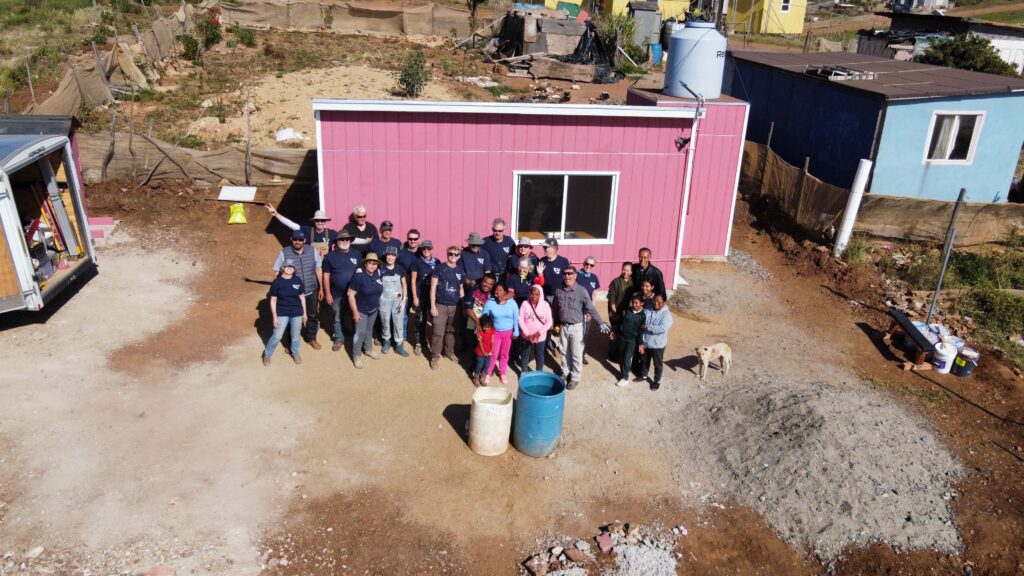Before you go on, an article in the May 8 & May 22, 2021 issue of Science News ran with a cover "Awash in Deception: How science can help us avoid being duped by misinformation." In the lead article titled: "The Battle Against Fake News," Alexandra Witze presents five suggestions on how to debunk bad information. They come from the News Literacy Project (see the above link).
How to Debunk:
1. Arm yourself with media literacy skills, at sites such as the News Literacy Project (newslit.org), to better understand how to spot hoax videos and stories.
2. Don't stigmatize people for holding inaccurate beliefs. Show empathy and respect, or you're more likely to alienate your audience than successfully share accurate information.
3. Translate complicated but true ideas into simple messages that are easy to grasp. Videos, graphics and other visual aids can help.
4. When possible, once you provide a factual alternative to the misinformation, explain the underlying fallacies (such as cherry- picking information, a common tactic of climate change deniers.
5. Mobilize when you see misinformation being shared on social media as soon as possible. If you see something, say something.
"Misinformation is any information that is incorrect, whether due to error or fake news.
"Disinformation is deliberately intended to deceive."
"Propaganda is disinformation with a political agenda."
Sander van der Linden
Social Psychologist
University of Cambridge
Source: Science News/May 8, 2021 & May 22, 2021
Update: September 22, 2023: This is more important now than ever. Be vigilant and speak in your own way. Love Wins.
In the spirit of how to debunk misinformation and disinformation, I encourage you to examine The Financial Services Forum, The American Accountability Foundation, The Epoch Times, Fox News, and One America Network(OAN), among others, using the media literacy skills taught by the News Literacy Project from #1 above under "How to Debunk." Click on the News Literacy Project link to start your work.
Love feels good. Really good.
Especially when you are sharing the feeling with others. I can’t really describe the feeling to you, but I’m guessing that you have experienced the feeling at least one time in your illustrious life and likely many more times than one.
I experienced the feeling pretty much continuously during the week of April 8 as part of a trip with the Los Gatos United Methodist Church to the small town of Punta Colonet which is 150 miles south of San Diego on the Baja Peninsula.
I was there with 15 others to work on two service projects in Colonet. One of the projects was to build a modest home for a family identified by a local pastor. The second project was to install solar lighting systems in several residences to promote literacy in the community.
This trip, this experience and this feeling. came along at a really good time. It’s so easy to get to tied into knots over partisan politics and get sucked into the gloom and doom scenarios emanating from around the political spectrum. Experiences like this bring me back to the world of humanity, love and compassion. I almost forgot hope. Without hope its hard to see the other three.
I’m not saying ignore politics. The upcoming American elections are indeed very important. Stay involved in the way that works for you. But remember to seek out experiences with people. People and our relationships help to keep us human. Stay in touch with people you know and reach out and grasp new experiences.
I’m thankful for my friend and neighbor Pete for inviting me to a part of the 2024 Colonet team. I’ve met people that I would be proud to call my friends and would be honored to work with again.
Lastly, to Jacinto, Monica and AbriI, I wish you all the good and best things that life has to offer as you settle into your new home.
Blessings.






Drone Aerial Photos Courtesy of Dave G.

